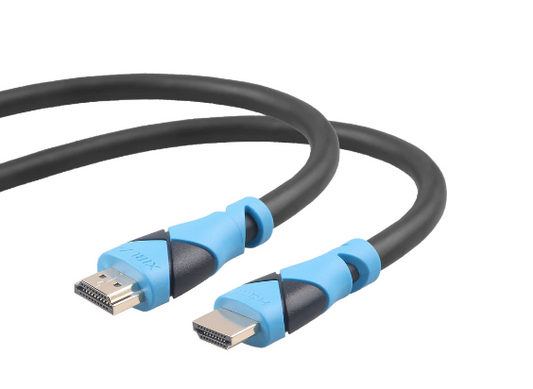The Ultimate Guide to HDMI Cables: Everything You Need to Know

4K HDMI cables have become increasingly popular over the past few years, thanks to the rise of 4K televisions and displays. While their primary use is for connecting devices like Blu-ray players, gaming consoles, and streaming devices to 4K displays, they can also be used for other purposes. For example, some users have found that 4K HDMI cables can be used to connect their laptops or desktop computers to 4K displays, allowing them to enjoy a higher resolution viewing experience. Additionally, 4K HDMI cables can be used for professional applications like video production and photography, where high-resolution displays are necessary for editing and color grading.





